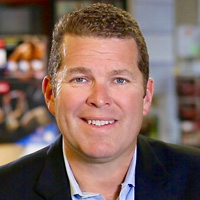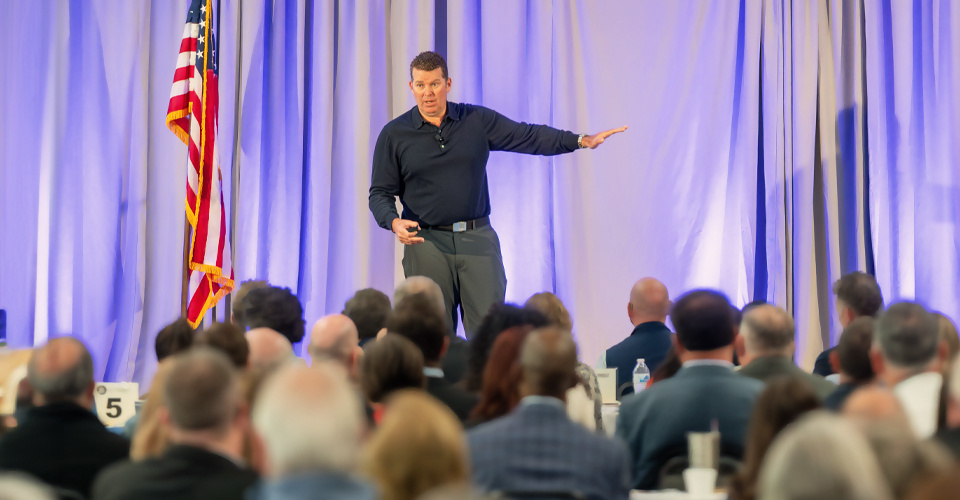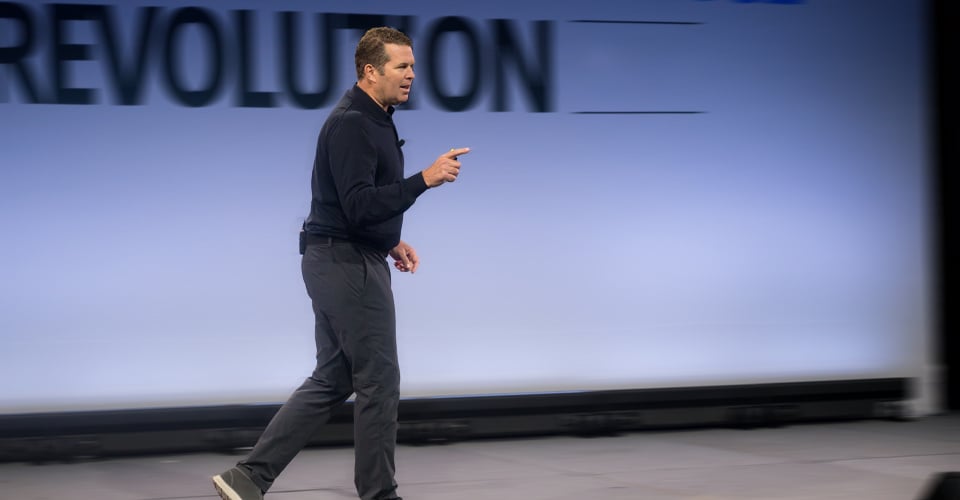Teams are based on relationships, and to build an unstoppable team, you must learn to build relationships with all kinds of people. This is a critical step in your team-building process, because you want all kinds of people on your team—with different backgrounds, experiences, and approaches to life and work—in order to bring different superpowers to the effort. The most powerful teams are based on diversity of thought but not of heart—our hearts should be united by a shared sense of purpose.
I know this firsthand: I’ve led three SEAL platoons, and I’ve experienced the asymmetrical warfare advantage that SEAL Team cultivates. That advantage has served us in vastly different environments, whether hunting for a war criminal deep in the mountains of Bosnia or conducting classified combat mini-submersible operations at night thirty feet underwater with hand signals (squeezes) as our only means of communication. SEAL Team is bound together by a common purpose and a mentality of “I’ve got your back.” We place the success of the team above individual needs because the team’s needs come to represent our individual needs, too.
Forge Relationships Through Difference
Abraham Lincoln set an example for leaders by cultivating diversity among his advisers as he faced the oncoming civil war. Imagine for a moment that you’ve worked tirelessly for your entire adult life to earn the opportunity to lead, but just as you assume your position, half of the people you are to lead leave. How incredibly discouraging that must have felt! What kind of team would you have assembled to help you lead during this unprecedented time in the history of the United States? Your instincts might have led you to surround yourself only with your allies, like-minded comrades.
It would be easy to rationalize filling your presidential Cabinet with friends whom you knew had your political back. You could easily argue that trust beats experience as you assemble your team. However, by surrounding yourself with familiarity, you will inadvertently make yourself blind to other points of view. The most challenging team-building moments are when, like President Lincoln, you are forced to lead during divided times.
Unstoppable Leadership Transcends Differences
President Lincoln embraced the discourse of difference to build a team that would help the nation meet its greatest challenges, from keeping it solvent during the war to crafting the laws that ended slavery. The president knew he could not conquer these monumental challenges alone and was willing to dampen his own ego and endure the egos of others who had the skills he needed to lead the nation back from the brink of self-destruction.
Do you know what President Lincoln’s superpower was? Sure, he was well read and had a penchant for working hard, but his true genius came from his ability to build relationships—to form teams that represented the diverse spectrum of thoughts and beliefs held by the American people. Historian Doris Kearns Goodwin, who wrote Team of Rivals, credits Lincoln with an uncommon ability to forge relationships through difference. Let President Lincoln’s example be a lesson in team building. The better you are at forging relationships, especially with those who disagree with you, the more unstoppable you’ll become as a team builder and leader.
Crisis Leadership Magnifies Individual Capabilities
Recently, a Harvard team identified five elements that lay the groundwork for “swarm intelligence”—the phenomenon when all the members of a group come together that magnifies their individual capabilities. The essential elements of this phenomenon—which I call shared consciousness—are: unity of purpose that overcomes differences, spirit of generosity that seeks to help others succeed, respect for the expertise of others, leaving ego aside and declining to seek credit or assign blame, and building trusting and respectful relationships before the crisis hits. Unstoppable teams harness the power of shared consciousness with the right circumstances and leadership.
Remember, connecting with all kinds of people is a process of trial and error, and your leadership limits are determined by the diversity of personalities whom you can connect with. Don’t despair if you don’t get everything right at first; your commitment to keep trying will also earn you trust.





